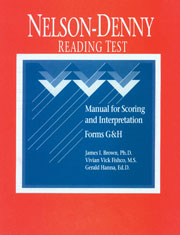This second edition of the Bibliography is a good resource for teachers of basic writing classes. This edition delves into basic writing's past and present so that readers can "better understand the questions and issues that will shape the field in the years to come."
The book also says that "For those looking for a citation, a resource, or an article, the second edition of this volume is certainly enormously useful, but it is also useful as a collective summary of the conversations about basic writing that have taken place and the narratives that have been constructed over the last thirty years. In addition, Karen S. Uehling's "The Conference on Basic Writing, 1980-2005" (000-0000) provides historical context to these conversations and narratives, tracing how the CBW has grown and adapted to changes in the field. In this sense, the second edition of the Bibliography captures the threads that these conversations have followed, and perhaps it can give basic writing teachers insights into the field's next thirty years."
While compiling two editions of The Bedford Bibliography for Teachers of Basic Writing, we reflected frequently on questions about what basic writing is, who basic writers are, how teachers should work with students in basic writing courses, and what the future of basic writing holds-some of the field's most compelling issues.
Purchase a copy of the book at
Amazon.















